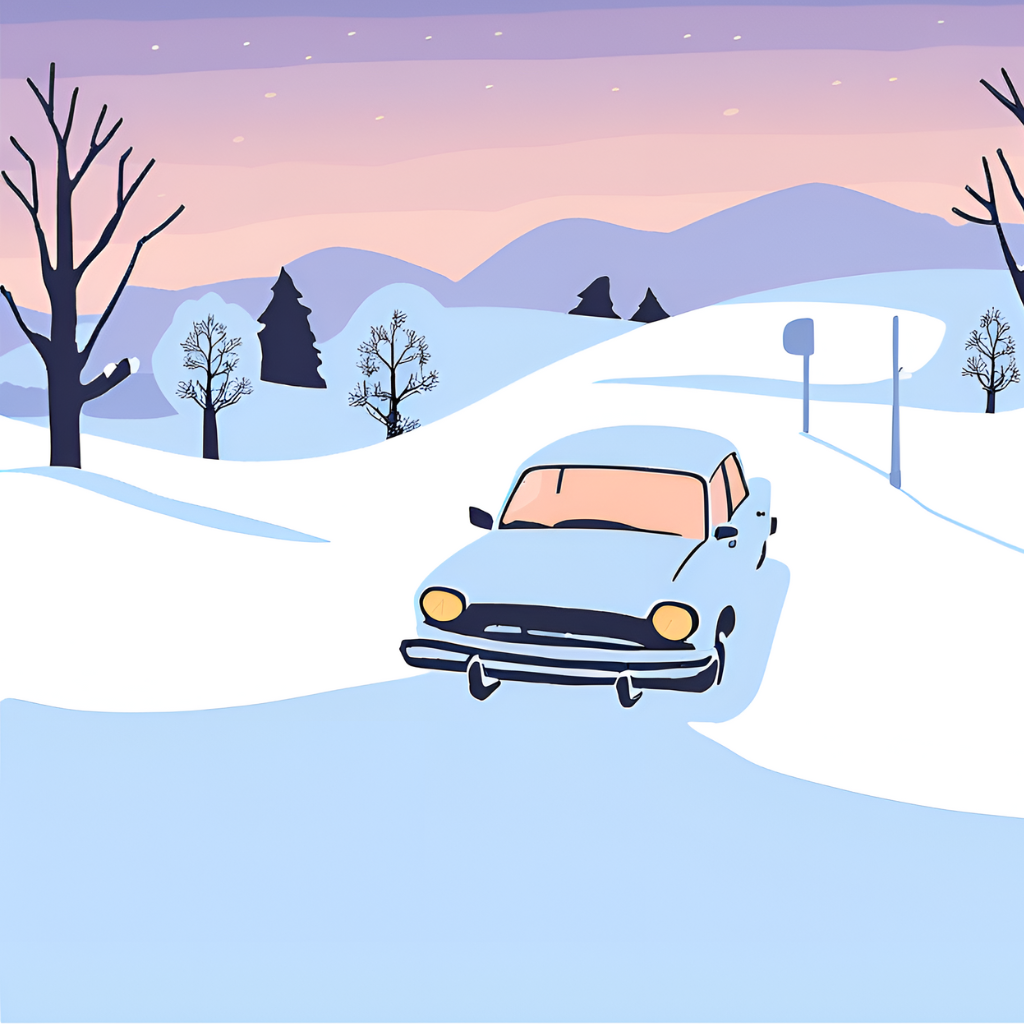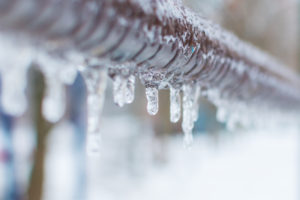If you’re not already aware of the hazards, winter can be treacherous as well as costly. Yes, the pristine winter wonderland can be appealing for a day or two, but the expensive consequences of not protecting your property can last longer.
A homeowner’s worst nightmare can be frozen pipes. It happens to the best of us and can be an expensive mess. The best way to avoid the cost is to prevent the problem and to understand what your homeowners’ insurance covers if your pipes do burst.
Call the licensed insurance agents at YourPolicy. They are experts at explaining homeowners’ coverage and can help you find the best insurance solution for your needs and your budget.
In any case, preventing frozen pipes is easier and less expensive than dealing with the consequences of burst pipes and water damage. Here are a few suggestions.
Prevent Frozen Pipes
Insulate Your Pipes
If you live in an area that is subject to freezing temperatures, your safest bet is to insulate your pipes. There are several methods that will work, including snap-on foam insulation and UL-approved heat tape. Be sure to insulate near your crawlspace, attic, and exterior walls, and follow the manufacturers’ installation instructions for any process that you use.
Protect Outdoor Water Sources
If you live in a home with a separate water shut-off valve that enables you to turn off the water to outside faucets, be sure to do this before the freezing temperatures arrive. If your home has an exterior shut-off valve, remove garden hoses and drain the pipes before you close the valve. After your pipes are fully drained, protect the faucets with inexpensive, reusable faucet covers to prevent freezing.
Keep the Temperature Safe
The minimum temperature to keep pipes from freezing is 55℉. However, 60℉ – 68℉ is a much safer range. Open kitchen and bathroom cabinet doors to allow warm air to circulate around the plumbing. If you live in a warmer climate, your pipes may not be insulated. In this case, if the temperature dips below freezing, you should keep your temperature at or above 68℉.
Let Your Water Trickle
Let a small trickle of water from both your hot and cold faucets run overnight. This keeps water moving through your pipes and prevents freezing. If the pipes do freeze, the running water will relieve the pressure.
Turn Off the Water If Your Traveling or Have a Second Home
If you’ll be away from your home or your second home for an extended period of time, prevent damage by turning off the main water supply and draining your pipes.
Homeowners’ Insurance and Burst Pipes
Does your homeowners’ insurance cover burst pipes and the resulting damage? Yes and no. It depends on the situation.
If the pipes burst because you neglected to drain them or maintain proper heat in your home while you were away for an extended time, you will not be covered. Additionally, slow, small leaks that cause damage over time are considered maintenance issues and are generally not covered by your homeowners’ insurance
- Most homeowners’ policies cover sudden and accidental water damage resulting from plumbing fixture failure or burst pipes (whether or not the cause is freezing). You’re typically protected under dwelling coverage, property coverage, and loss of use. Let’s break it down.
- Dwelling coverage protects the structure of your home. So, for example, if your carpeting, flooring, or walls are damaged by a covered leak, your insurance helps cover the cost of repair or replacement.
- Property coverage protects your belongings in the home. This portion of your policy covers items like clothes, furniture, appliances, and electronics. If these items are damaged by a covered leak, your insurance will help cover costs to repair or replace these belongings.
The loss of use portion of your policy covers any living expenses incurred due to the need to temporarily relocate after a loss. If your home is rendered uninhabitable due to water damage, then your hotel, food, and other living expenses will be covered.
Summary
The best way to avoid the expense and inconvenience of burst pipes is to prevent them from freezing in the first place. If you live in a location that is subject to below-freezing temperatures, even for a few weeks each year, your best defense against frozen pipes is being proactive in keeping your pipes from freezing and your home safe from damage. Give yourself peace of mind by calling a licensed YourPolicy agent to discuss the details of your homeowners’ insurance coverage.







